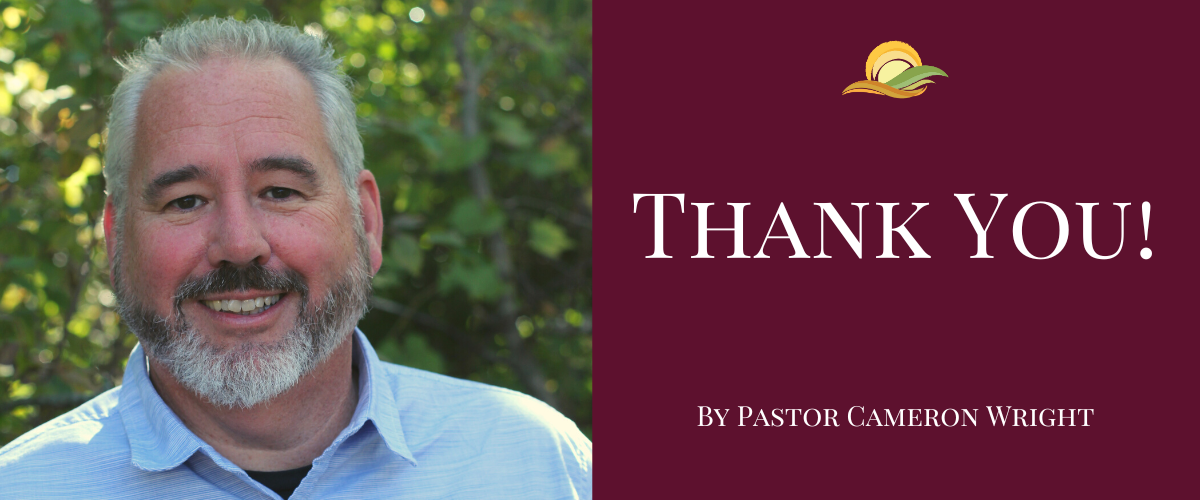This blog is written to be a comfort and offer perspective from the Lord for those of you who are in the middle of a long-lasting struggle. Whether it be health-related, relationally related, or something else, hear the words of Psalm 13 for you, a Psalm of David:
How long, Lord? Will you forget me forever?
How long will you hide your face from me?
How long must I wrestle with my thoughts and day after day have sorrow in my heart?
How long will my enemy triumph over me?
Look on me and answer, Lord my God. Give light to my eyes, or I will sleep in death, and my enemy will say, “I have overcome him,” and my foes will rejoice when I fall.
But I trust in your unfailing love; my heart rejoices in your salvation. I will sing the Lord’s praise, for he has been good to me.
David first expresses how hard it has been to endure the length of his present difficulty, asking how much longer this difficulty will continue. The Lord invites you to express the same despair. In doing so, you acknowledge the space you are currently in.
Next, David cries out to the Lord in prayer to give an answer and to bring light to his eyes. The Lord invites you to express the same prayer. In doing so, you bring your honest, fervent request before the King of Kings and Lord of Lords.
Lastly, David declares his devout trust in God’s unfailing love, his joy over salvation, and his praise toward the Lord for how good He has been to him. The Lord invites you to declare the same determinations. In doing so, you declare the foundational position you operate from, which remains rooted regardless of circumstances.
God never promises the trials we endure will be short-lived. He does, however, promise to be with us through everything we face, consistently supplying us with what we need to carry on.
Are you in the middle of a trial right now? I invite you to pray this psalm as a personal prayer from your heart to God’s by expressing to him:
The condition you are currently in
The questions you have about your situation
Your desire to be free from the strain
Your commitment to trust in Him, rejoice in salvation, and praise him for his goodness to you
The Lord is not far off from you. He is near to you in the midst of your struggle. Continue to rely on him and cling to him. Don’t give up. Keep trusting him day after day. Relief will eventually come — know that his comfort is present in the middle of your long-lasting pain.






















